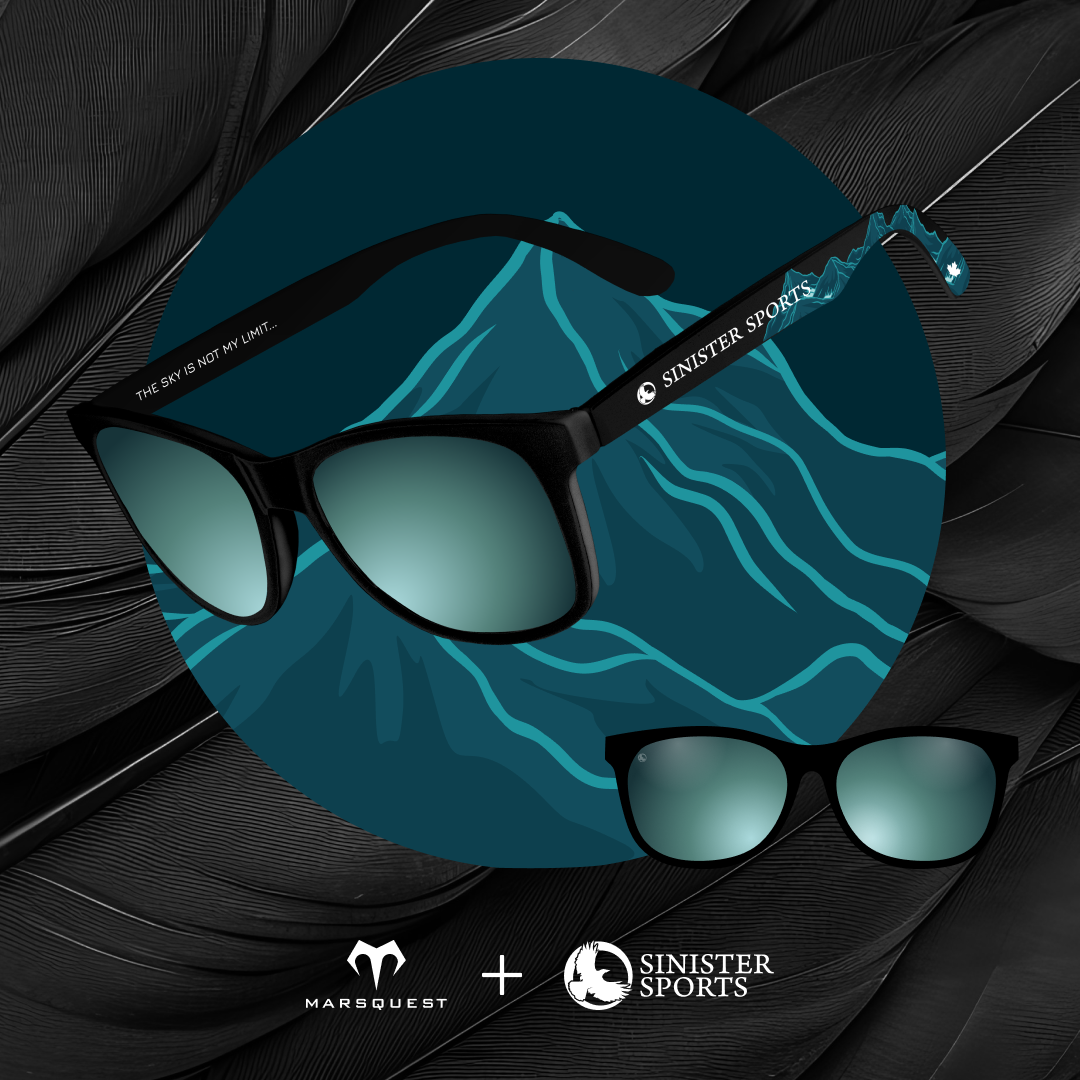Be sure to check out the Volunteer Documents. You can also see what you signed up for on the Find My Location Page.
FIRST - don't be intimidated by all of this information. We provide a lot of details for the über-planners but volunteering is really straightforward. Volunteering is great – it’s how many people get into the sport. You’ll have the opportunity to meet some good people and see some amazing scenery, especially if you go to a remote Checkpoint (CP). The foremost priority that a volunteer has to be concerned with is safety – both yours and the racers. We also want you to have a lot of fun!
- We try and make the experience as simple as possible for volunteers but do bring your own food and gear if you are out on the course. Depending on what role you choose, bring anything that will make you comfortable in the wild. Always bring some wet and cold weather gear.
- There is a Volunteer meeting at approximately 8:00pm on Monday for anyone going out on the course. This allows us to brief you on your assignments for the next day. If you cannot be there on Friday, please let us know in advance.
- We never send volunteers out alone so if you come by yourself you will be paired with someone. After you have your assignment, you may be required to head out straight away.
There are many roles that volunteers play and here are some of the things you may be doing, depending on what you sign up for:
- Site Setup: We can always use help getting the outdoor area at the host site set up. This can be wet work if it happens to rain, but we'll have lots of opportunity to step inside for coffee.
- Check-in: We start by laying out the racer swag bags, then do a quick orientation on how to check-in racers. Registration runs most of the afternoon and evening on Monday. This is pretty straightforward work - just signing people in and helping keep the flow going.
- Start / Finish Area: We will set up the site on Monday, but we don't bring out the food and fluids until Tuesday ('cuz bears). At the Start you will help set up and keep racers pointed the right way. At the Finish, we welcome them back, give them their medals, and offer them sustenance.
- Checkpoint (CP): Most volunteers work at an aid station where your role is to set up tents and tables, and assist the race organizers to make the event run smoothly. This is actually a lot more laid back than it sounds! At CP1 and CP4 there will be a site coordinator who directs everyone into the jobs that need to be done. At other CPs it's just you and the other volunteers.
- Food/Fluids: You will be given crates of foods and other supplies, as well as jugs of water for your station. Just keep putting it out in an orderly fashion and let the racers take what they want. You will have a specific jug to mix electrolytes.
- Timing: We now use an electronic timing system at TAs but it is important to monitor the racers as they are coming in. Volunteers on the timing stations will check off racers as they come through. At CPs, volunteers should write down the time the racers passed on the sheets provided. This is mainly so we know where to start looking if a racer becomes lost!
- Communications: Some of you will receive a two-way radio when you sign in, which will be how you stay in touch. As radios are on a public channel, it is expected that anyone using them be polite and professional. Every volunteer location should have at least one radio, but not necessarily each volunteer. Also try and keep off the radio as much as possible. We all use the same frequency and if you are talking, nobody else can. This can be a big problem in an emergency.
- Sleeping: At main CPs, racers will be allowed to sleep and we will have heaters, tents, blankets, and sleeping pads.
- 1st Aid: If you have outstanding 1st Aid skills, sign up to assist with the medical side of things. We leave anything really serious to EMS/SAR but it's always great to have 1st Aiders to assist with the more common twists, strains, and cuts.
Other Important Things to Know
Driving: When you sign in you will receive a list of instructions for your assignment and a map of how to get there. We try and give you a lot of time to reach the location before the teams. You will be moving at odd times during the race, which means you should be prepared to drive at night. You don’t require 4x4 vehicles unless otherwise stated. You will be driving primarily on dirt roads, which can be messy when it rains. Big RVs and trailers may have a hard time maneuvering, depending on your location. In some spots they are fine and actually a great idea. Just ask!
Weather: Some checkpoints are remote. This means there are sometimes no services. Please bring anything that will make you comfortable, including a camp-like setup and food if you wish. Only start fires in an appropriate area and only if it is allowed in that location.
Racer Protocol: Racers are expected to follow the rules at all times. If you seem something that doesn’t seem right, let us know. If a racer asks you to interpret the rules or make a judgment call, please contact Race Administration and we will do it. It is really uncommon, but if a racer becomes abusive in any way, report it; this is not acceptable and they will be pulled from the race.
Medical Emergencies: Volunteers are not expected to treat any injuries although they are allowed to help with minor problems such as bites, blisters and scratches. Anything beyond that really needs to be looked at by our Medical Crew who will be stationed around the course. If any racer doesn’t look well (delirious, dehydrated or somehow broken), please do contact our staff. The racer won’t be disqualified for receiving medical aid but we need to ensure they aren’t pushing themselves into a bad situation. If you do have first aid or medical experience, let us know!
Suggested Gear
Make sure you also have enough gear to keep yourself comfortable during the race. You will in the mountains and the weather can change quickly. A lot of this will be supplied in your volunteer gear, but we recommend the following, just in case:
- Headlamp and extra batteries (we provide lanterns for night operations)
- Warm jacket & rain gear
- A Tent or shelter (each CP gets at least one tent)
- Toilet paper and any other hygiene needs
- Sunscreen, bug repellent
- A folding chair (we do supply a few)
- A book or magazine to read while waiting
Don't be afraid to ask questions – we want your experience to be rewarding and fun.












